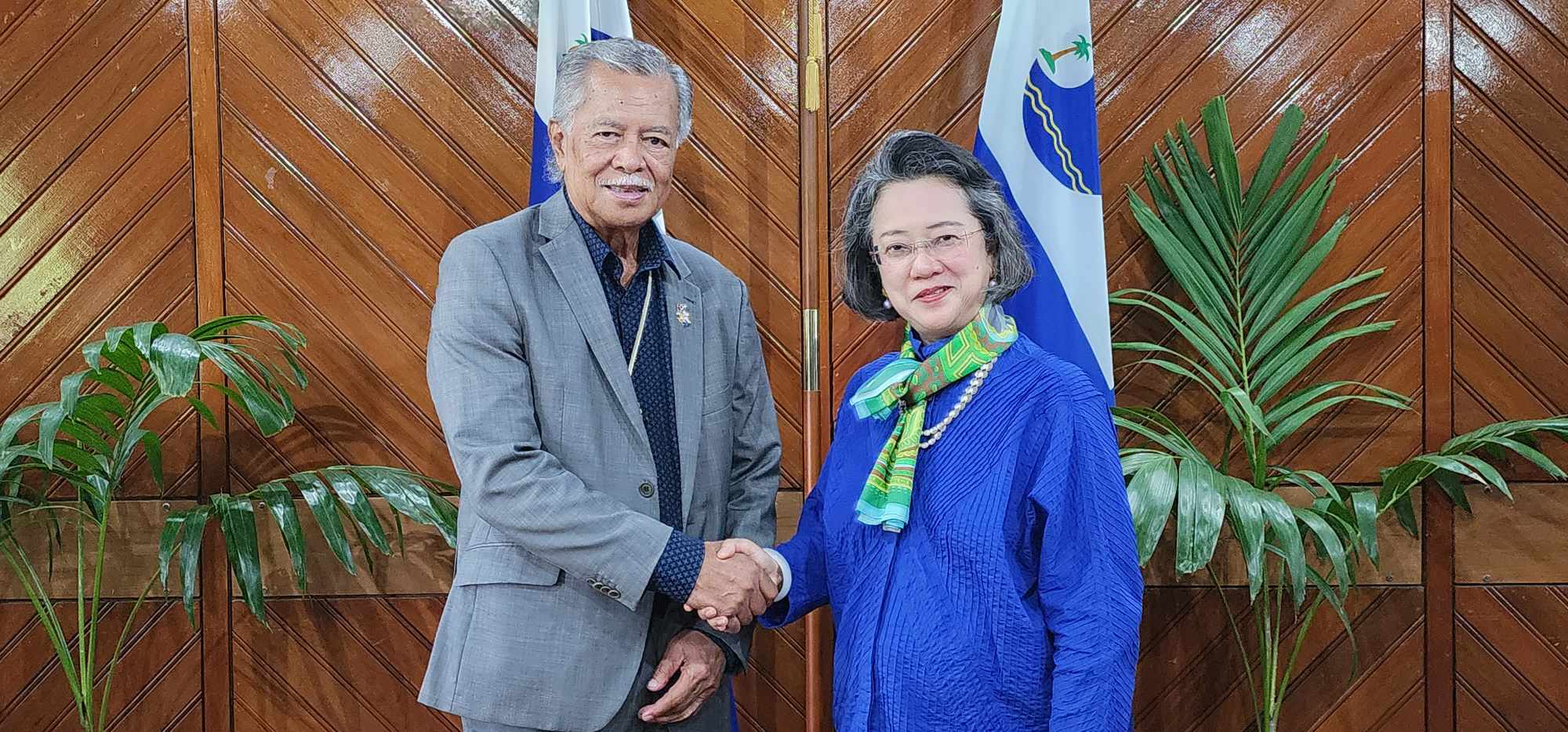Keeping alive the 1.5-degree goal is a matter of now or never says UNESCAP Executive secretary, Armida Salsiah Alisjahbana.
“But with the polycrisis, there is a growing temptation to delay climate action.
“By incorporating sustainability into policymaking decisions and accelerating green-blue public investment flows, several governments are embarking on creating opportunities for jobs and productivity gains.
“The public-private partnership modalities are increasingly mainstreaming long-term sustainability in their business plans.
In fact, several developing countries are expanding the use of sustainability- focused instruments to tap global and regional capital markets,” Armida Salsiah Alisjahbana told Pacific Economic Ministers meeting in Suva.
She said promoting clean energy and climate adaptation financing are safeguarding communities from the existential threat of climate change.
“Central Banks are engaging to promote sustainability programmes around their overall aim of securing price stability.
“Raising ambitions beyond economic growth” she said.
Armida Alisjahban said many developing countries are recovering better and faster by prioritising well-being and prosperity at all levels.
“Growing investment opportunities are paving the way for structural transformation and resilient-economic development. It is recognised that the need to close social protection coverage gaps and raise financing options for micro-, small and medium-sized enterprises (MSMEs) and skill development, even across countries with varying capabilities and endowments.
“Growing number of initiatives across developing countries are aiming at improving inclusion and equity in the delivery of public services and infrastructure development.
“Social investments are being directed towards providing affordable healthcare and quality education outcomes while reducing multidimensional vulnerability.
“Growth ambitions are also being enhanced through strategic financing of sustainable multi-modal transport connectivity, ICT infrastructure and water and sanitation provisioning. Harnessing the potential of the digital economy.
“Digitalisation of these processes is substantially bringing down financial transaction costs and raising efficiency gain with the use of technology that could further support the development of the blue-green economy and opportunities to secure financing for climate action.
There are opportunities for the Pacific to “leapfrog” learning from and developing countries using the digital economy to influence innovation and delivery of public services,” she said.
Alisjahban said today, the pandemic-hit economic recovery, the war in Ukraine and the cost-of-living crisis are constraining the sustainable development agenda.
“These global exogenous shocks and climate risks have trickled down to the regional, national and community level,” she said.
SOURCE: PACNEWS














